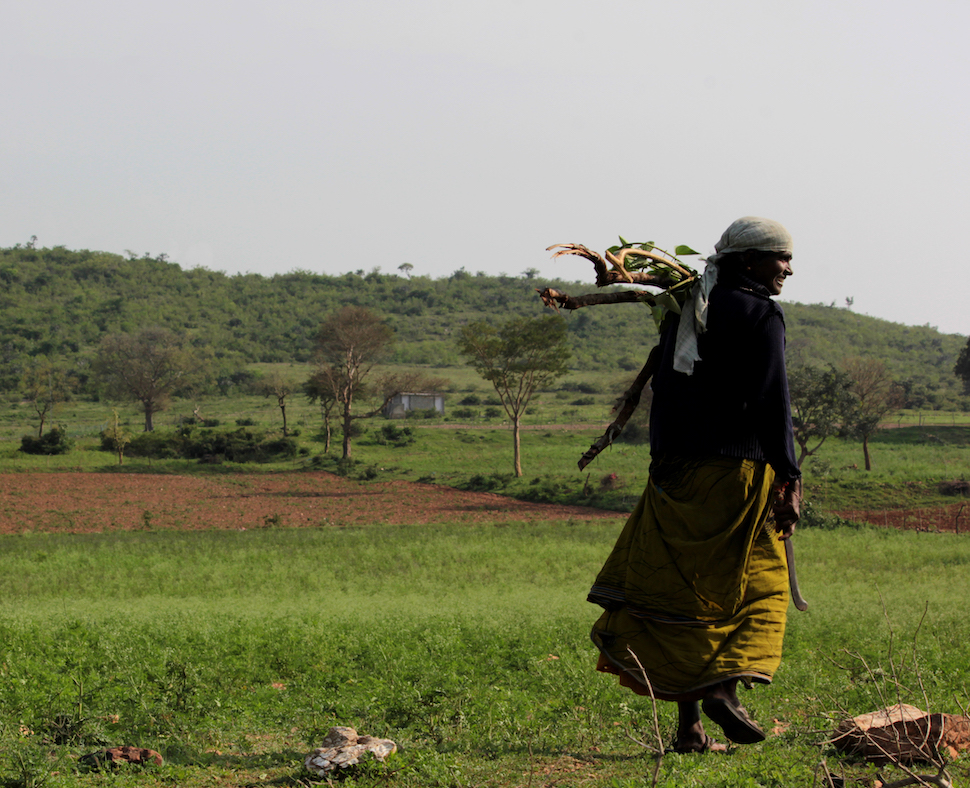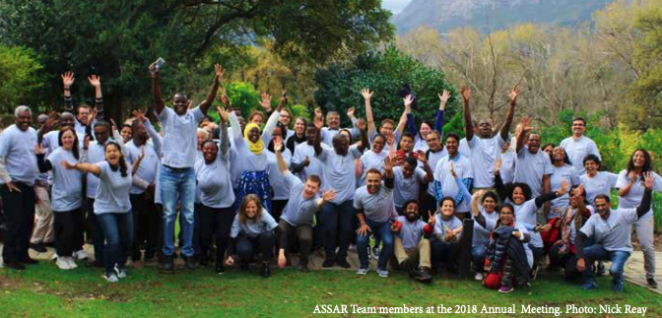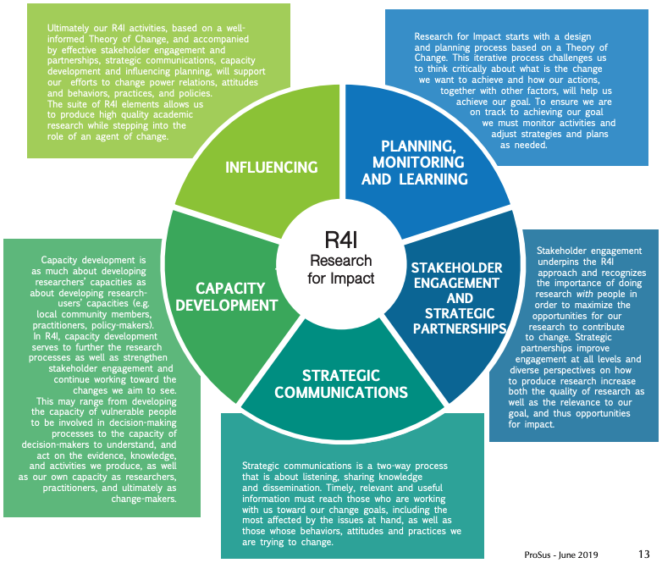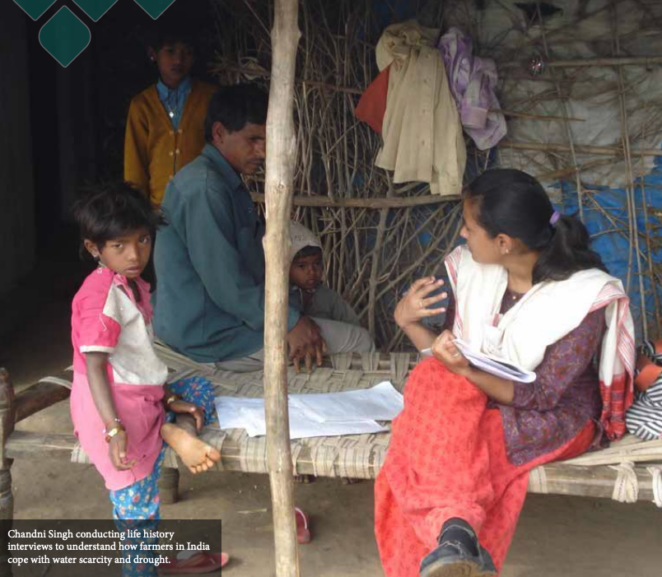Prosus #2: Building capacity for climate change adaptation in semi-arid regions

Introduction
ProSus magazine is a platform for exploring ideas and solutions for a more sustainable future. It showcases the voices of researchers, practitioners and thinkers, and perspectives that build bridges between science and society, between local and global realities.
This second issue of ProSus focuses on climate change adaptation and features research and stories from the Adaptation and Scale in Semi-Arid Regions (ASSAR) program. It contains learning and experiences from the field with links to further resources and videos. From 2014 to 2018, ASSAR developed better understandings of barriers and enablers to effective climate change adaptation in semi-arid areas of East, West, and Southern Africa and India. Together with partners, START brought multiple capacity building dimensions into ASSAR, with the goal of advancing excellence in research and strengthening scientific leadership, and ultimately ensuring that ASSAR’s impact would live on after the project’s completion.

In this issue
- Welcome, By Cheikh Mbow
- Building research capacities and connections, By Georgina Cundill Kemp
- Enabling cross-regional exchanges to advance knowledge on impacts of global warming, Q&A with Aradhana Yaduvanshi
- Perspectives: Experiences and highlights from a selection of ASSAR’s capacity building activities around the world, With Bernadette Shalumbu-Shivute, Mark Tebboth, Oliver Wasonga, Prathigna Poonacha and Rose Buabeng
- Research for Impact (R4I) – A framework for impact, By Jesse DeMaria-Kinney
- Bridging the gap between researchers and local communities to support farmers during the dry season, With Prince Ansah
- Promoting peer-to-peer knowledge and skills sharing to tackle pasture scarcity in Kenya
- My learning experience on peer-to-peer (P2P) learning, By Alemayehu Zewdie
- Engaging young people on environment and climate change issues in Ghana
- “The future of climate change adaptation lies in their hands”, A conversation with Prosper Adiku and Rahinatu Sidiki Alare
- Wells and well-being: Exploring agriculture and water through a gender lens, Q&A with Divya Solomon
- Empowering women in Mali through business resources and training
- “Our goal: creating a process that will support vulnerable women even after the end of ASSAR”, A conversation with Edmond Totin and Amadou Sidibé
- Three questions to Chris Gordon and Chandni Singh

Introduction by Cheikh Mbow, START Executive Director
The Adaptation at Scale in Semi-Arid Regions (ASSAR) project has achieved outstanding results over the past five years.
At the heart of ASSAR’s work is the recognition that understanding barriers and enablers to more effective climate change adaptation requires going beyond traditional scientific methods and embracing deeper principles of trust, transparency and mutual accountability. These principles informed the project’s approach to investigating the multi-stakeholder/multi-sector responses needed to address climatic and nonclimatic challenges in the semi-arid areas of Africa and India. Through the breadth of the work and the nature of these approaches, it is fair to say that ASSAR and its many partners have established an example for a new way of interacting, one that offers many valuable lessons.
ASSAR has set the pace for commitment and collaboration through establishing new communities of practice that center on cooperation and inclusion rather than on top-down streams of knowledge sharing.
In this way it has been more than a knowledge generation machine and has instead developed into a rich learning experience both for scientists and for users of adaptation research.
Since the beginning of the project, capacity building has been an important dimension of ASSAR, and has been envisioned as a tangible way to leave an enduring legacy in semi-arid regions. We at START are proud to have supported efforts to strengthen the capacity of both ASSAR scientists and external stakeholders, facilitating cross-regional connections, and enabling projects that engage local communities, including the most vulnerable groups.
This issue of ProSus magazine features research and reflections by some of the ASSAR colleagues involved in capacity building activities.
I would like to share my warm compliments to them and to all involved in the ASSAR project, for setting a new standard for creating and delivering adaptation knowledge in climate change hotspots and beyond.

(0) Comments
There is no content